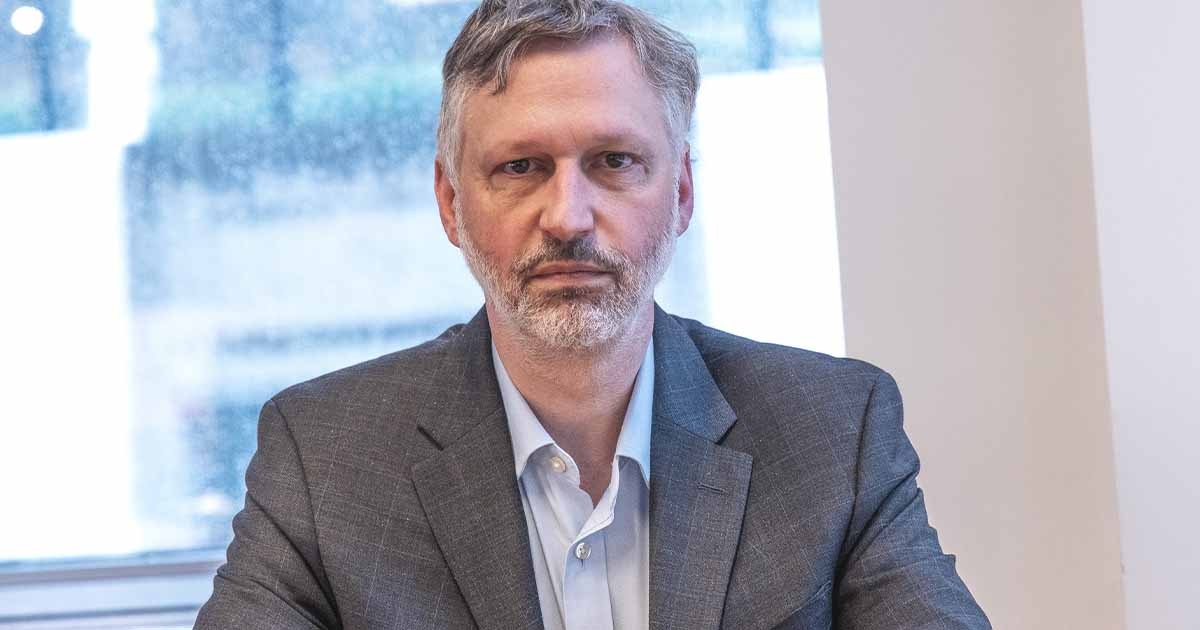If a Doctor and an AI App both have 95% Accuracy, What’s the Difference?

Healthcare organizations are increasingly exploring generative AI, launching numerous projects to assess its potential clinical and financial benefits. While cautious not to rush, they acknowledge the technology’s growing capabilities prompt a critical question: Could AI replace doctors? Experts largely agree it will enhance rather than replace medical professionals, echoing Mayo Clinic’s Dr. John Halamka’s view that AI should replace doctors only if they could. However, Dr. Bruce Darrow of Mount Sinai Health System offers a nuanced perspective. He suggests that where AI’s clinical accuracy matches doctors’, certain aspects of care could shift to AI in the future. This ongoing debate underscores AI’s evolving role in healthcare, discussed in a series featuring key voices in AI.
Make faster decisions with community advice
- AI Gets Better At Writing Patient Histories When Physicians Engineer The Prompts
- New Study Evaluates Virtual Reality to Reduce Scanxiety in Brain Tumor Patients
- Revolutionizing Healthcare: Harnessing the Power of IoT Solutions for Improved Patient Outcomes
- Carrum Health Raises $45 Million Series B to Expand Cancer Care Offerings and Launch New Service Lines
- Ethical Guardrails Are Essential To Making Generative AI Work For Healthcare
Deploy this technology today
-
nQ Cortex
Matched with Medical Subject Headings (MeSH): Biomedical Technology, Healthcare IT News: Artificial Intelligence
- NLabviva Platform
- Labviva Platform
- AI Dermatologist Platform
- Armis Platform for Healthcare

